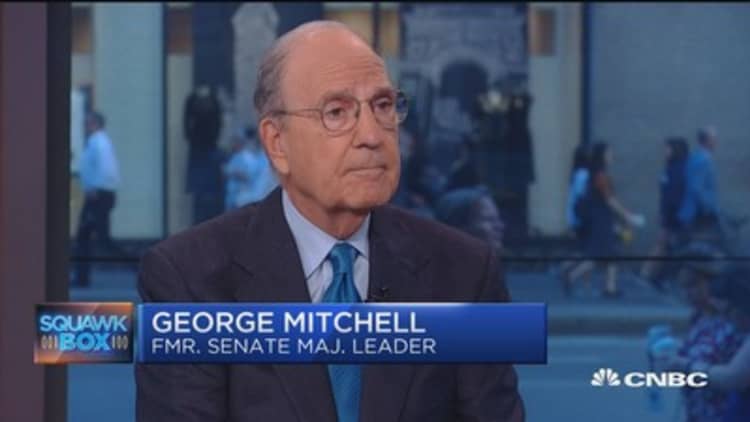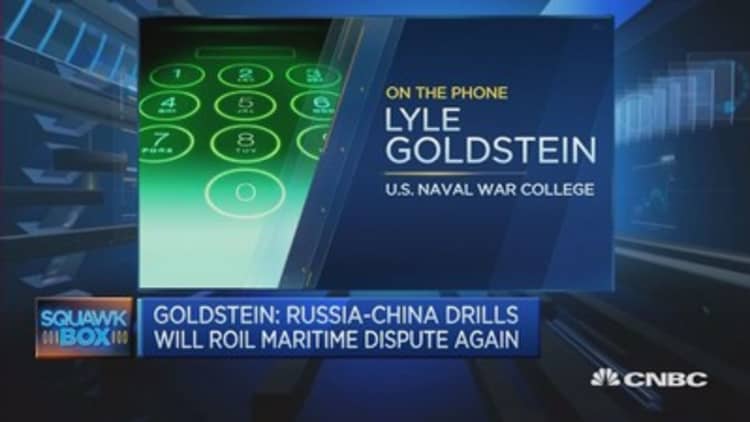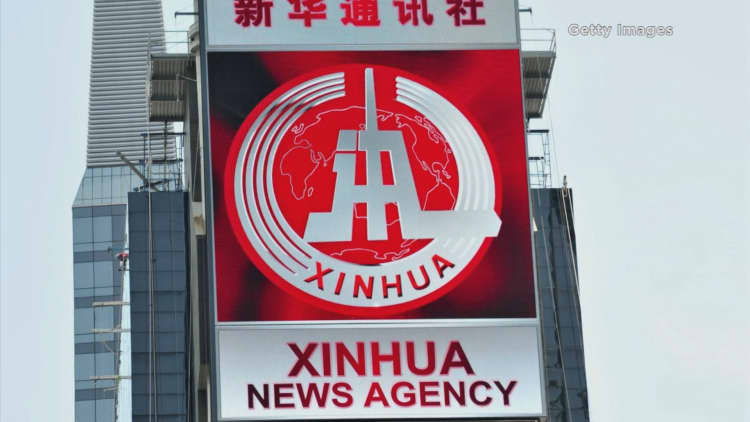


China has lashed out at the U.S. after Washington accused Beijing of not doing enough to arrest North Korean's nuclear ambitions, underscoring tensions between the two world powers in the geopolitically sensitive Korean Peninsula.
At the Chinese foreign affairs ministry's regular press conference on Monday, spokesperson Hua Chunying said U.S. Defense Secretary Ash Carter was being "unnecessarily modest" for thrusting the responsibility of handling Pyongyang solely on China.
"The cause and crux of the Korean nuclear issue rest with the U.S. rather than China," added Hua in an official transcript from the foreign affairs ministry.
"The core of the issue is the conflict between (North Korea) and the U.S. It is the U.S. who should reflect upon how the situation has become what it is today, and search for an effective solution. It is better for the doer to undo what he has done. The U.S. should shoulder its due responsibilities," she said.
Hua was responding to Carter who singled out the East Asian giant at a news conference in Norway as bearing the responsibility for North Korea's recalcitrant nuclear testing.
"It's China's responsibility," he said, according to Reuters. "China has and shares an important responsibility for this development and has an important responsibility to reverse it."
"And so it's important that it (China) uses its location, its history and its influence to further the denuclearization of the Korean peninsula," he added.
Meanwhile, North Korea through its state-run news agency KCNA also said U.S. was the "very one" compelling the isolated country to develop nuclear warheads. The U.S.' constant "nuclear threat and blackmail" in the past decades was "an engine which pushed the (North Korea) to reach this point," it said.
On Tuesday, two U.S. B-1 bombers flew over South Korea in a show of solidarity with South Korea while Sung Kim, the U.S. envoy on North Korea, said the world's largest economy remained open to a meaningful dialogue with Pyongyang, Reuters reported.
The Chinese foreign affairs ministry's Hua urged for dialogue among all parties to address security concerns. "It has been proven time and again that sanctions alone cannot solve the problem," she added.
"Any unilateral action based on one's self-interest will lead to a dead end. It will not help resolve one's security concerns but will only aggravate the tension, complicate the issue, and make it more difficult to achieve relevant goals," she said.
According to observers, China's stance was hardly a surprise.
"China's interest and ours coincides in the short-term but in not the long-term," said veteran U.S. diplomat and former senate majority leader, George Mitchell.
"China is very worried about the North Korean regime but it does not want a collapse of that regime and a unified Korea under the current the South Korea regime which they would regard as a mortal threat to their interest (with) American security forces right alongside their border," he told CNBC's "Squawk Box".
That explained Beijing's intense opposition to the deployment of the U.S. Thaad defense system on South Korean soil even though Seoul was an ally which had repeatedly explained that the weapon was for self-defense.
"(There is) a larger sense that China feels that they are in a long term rivalry (with the U.S.)… In my view, there is a troubling chill over U.S.-China relations and I don't see either presidential candidates really offering a sensible way to lower the temperatures in this rivalry. But if China is locked into this rivalry as it sees it, then it is taking measures that we don't like at all," Lyle Goldstein, a professor at the China Maritime Studies Institute at the U.S. Naval War College told CNBC.

